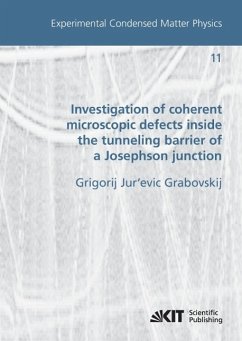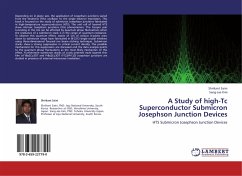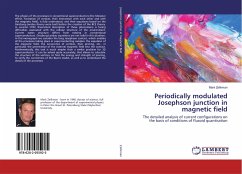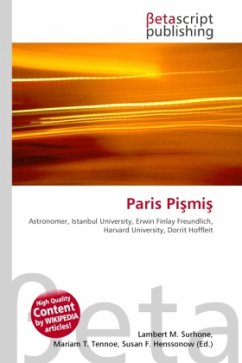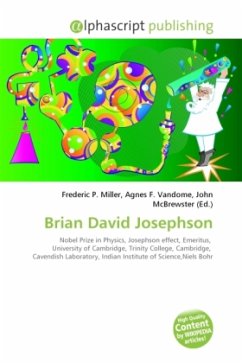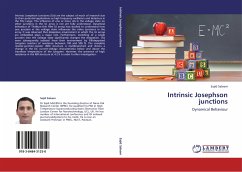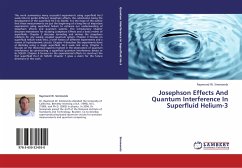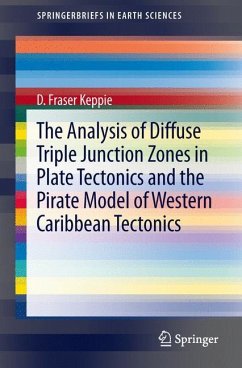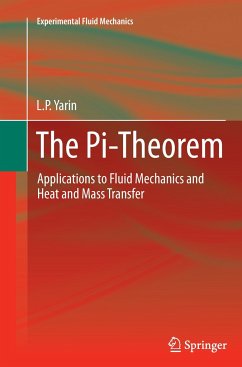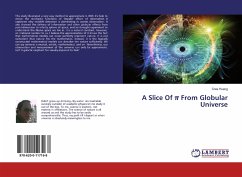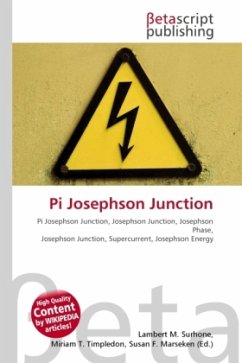
Pi Josephson Junction
Versandkostenfrei!
Versandfertig in 6-10 Tagen
19,99 €
inkl. MwSt.

PAYBACK Punkte
10 °P sammeln!
High Quality Content by WIKIPEDIA articles! A Josephson Junction is a voltage-to-frequency converter usefully sensitive to voltage, current and magnetic fields that is made of superconductive materials separated by a non-superconductive material. A ? Josephson junction is a specific example of a Josephson junction which has a Josephson phase ? of ? in the ground state when no external current or magnetic field is applied.The supercurrent Is through a conventional Josephson junction (JJ) is given by Is = Icsin(?), where ? is the phase difference of the superconducting wave functions of the two ...
High Quality Content by WIKIPEDIA articles! A Josephson Junction is a voltage-to-frequency converter usefully sensitive to voltage, current and magnetic fields that is made of superconductive materials separated by a non-superconductive material. A ? Josephson junction is a specific example of a Josephson junction which has a Josephson phase ? of ? in the ground state when no external current or magnetic field is applied.The supercurrent Is through a conventional Josephson junction (JJ) is given by Is = Icsin(?), where ? is the phase difference of the superconducting wave functions of the two electrodes, i.e. the Josephson phase. The critical current Ic is the maximum supercurrent that can flow through the Josephson junction. In experiment, one usually applies some current through the Josephson junction and the junction reacts by changing the Josephson phase. From the above formula it is clear that the phase ? = arcsin(I/Ic), where I is the applied (super)current.



